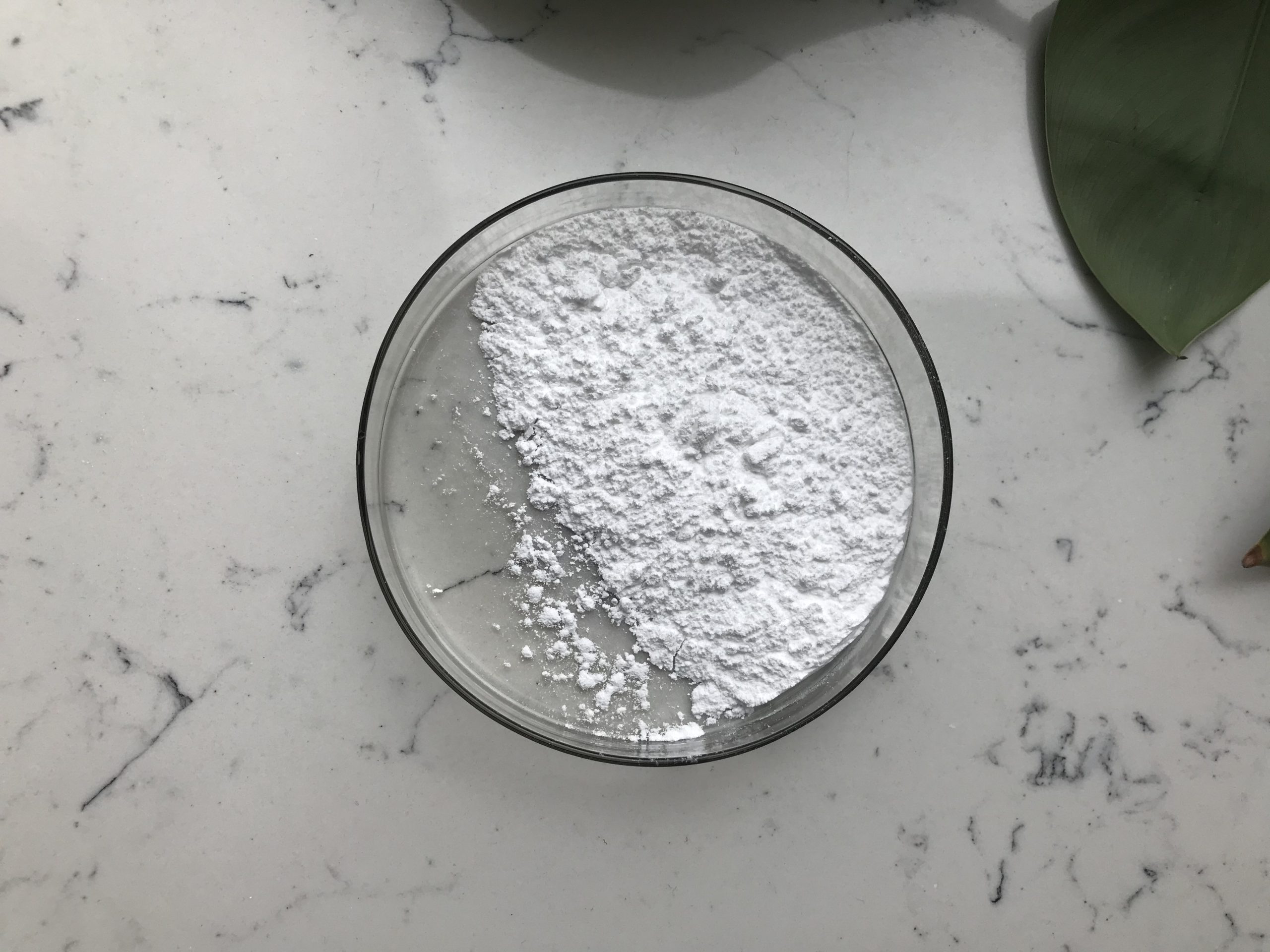Ge-132, often referred to as Germanium-132 or Organic Germanium, is a compound containing the element germanium. It has been marketed as a dietary supplement with potential health benefits, although scientific evidence supporting these claims is limited and controversial. Its chemical structure and properties are as follows:
Chemical Structure of Ge-132:
Ge-132 is commonly represented as “Ge-132(OH)4,” indicating four hydroxyl groups (OH) attached to the germanium atom. The molecular formula for Ge-132 is often written as Ge(OH)4.
Physical Properties of Ge-132:
The physical properties of Ge-132 are not extensively documented due to its relatively limited scientific investigation. However, some general properties of germanium compounds can be inferred:

1.State: Ge-132 is likely to be a white solid at room temperature and pressure.
2.Melting Point: Germanium compounds, in general, have relatively high melting points, so Ge-132 is likely to have a relatively high melting point as well.
3.Solubility: Germanium compounds tend to be insoluble in water, so Ge-132 may also have limited solubility in water. It might dissolve better in organic solvents.
4.Stability: Germanium compounds can be sensitive to oxidation, and they may degrade over time when exposed to air and moisture.
5.Reactivity: Germanium compounds are not highly reactive under normal conditions, but they can react with strong acids and bases.
It’s important to note that Ge-132 as a dietary supplement has been promoted for various health-related purposes, including immune system support and antioxidant properties. However, the scientific community has expressed skepticism about these claims due to the lack of rigorous clinical studies and evidence. Additionally, there have been concerns about the safety of consuming germanium compounds, as certain forms of germanium can be toxic. Always consult with a qualified healthcare professional before using any dietary supplements.
The clinical application of Ge-132
Germanium-132 (Ge-132), also known as organic germanium or bis-carboxyethyl germanium sesquioxide (Ge-132), is a chemical compound containing the element germanium. It has been explored for potential health benefits and clinical applications, although its usage is somewhat controversial and not widely accepted within the medical community.
Here are some of the purported clinical applications and considerations of Ge-132:
1. Immunomodulation: One of the primary claims surrounding Ge-132 is its potential to enhance the immune system’s functioning. It has been suggested that Ge-132 can stimulate the production of interferons and other immune-related substances, leading to improved immune responses. However, robust scientific evidence supporting these claims is lacking, and more research is needed to confirm these effects.
2. Antioxidant Properties: Ge-132 has been proposed to have antioxidant properties, meaning it may help neutralize harmful free radicals in the body. Antioxidants are believed to play a role in reducing oxidative stress and preventing cellular damage. However, the extent of Ge-132’s antioxidant effects and their clinical significance remain uncertain.
3. Anticancer Effects: Some studies have suggested that Ge-132 might have potential anticancer properties. It has been proposed that Ge-132 could inhibit the growth of tumor cells and promote apoptosis (programmed cell death) in cancer cells. However, these claims are largely based on preliminary studies and have not been definitively proven in clinical trials.
4. Cardiovascular Health: Ge-132 has been investigated for its potential to improve blood circulation, reduce blood clotting, and support cardiovascular health. Again, while there are some promising findings from animal and cell studies, more rigorous clinical research is needed to establish these effects in humans.
5. Potential Side Effects and Safety Concerns: While Ge-132 is promoted as a health supplement in some regions, there have been concerns about its safety. Reports of kidney toxicity and other adverse effects have emerged, particularly with long-term or high-dose use. Therefore, the safety of Ge-132 remains a significant point of contention.

It’s important to note that much of the information regarding Ge-132’s potential clinical applications comes from studies that are limited in scope, often conducted on animals or cells, and may lack rigorous scientific validation. Furthermore, the compound is not widely recognized or approved by major medical organizations or regulatory bodies for therapeutic use.
Before considering any dietary supplement, including Ge-132, individuals should consult with a qualified healthcare professional. They can provide personalized guidance based on an individual’s health status, medical history, and specific needs. As of my last knowledge update in September 2021, the clinical application of Ge-132 remains a topic of ongoing research and debate, and newer developments might have occurred since then.
